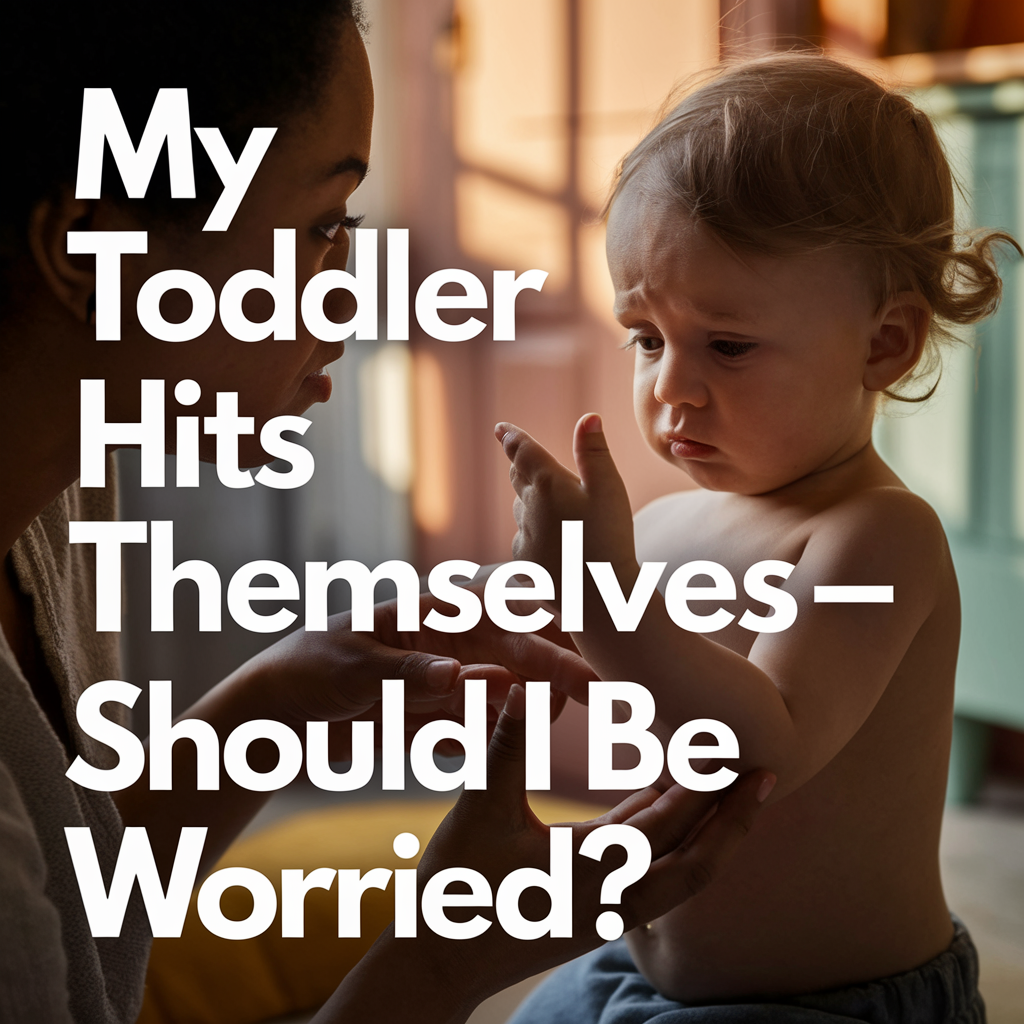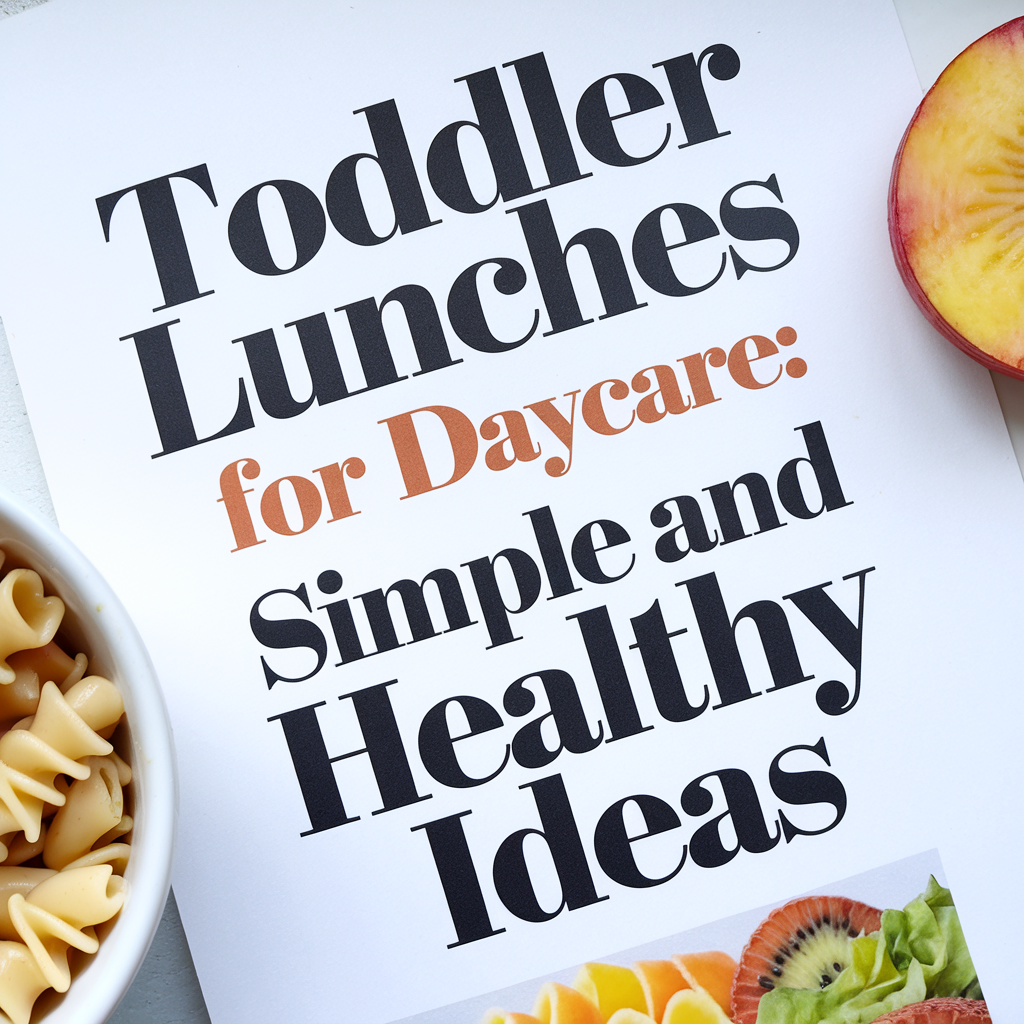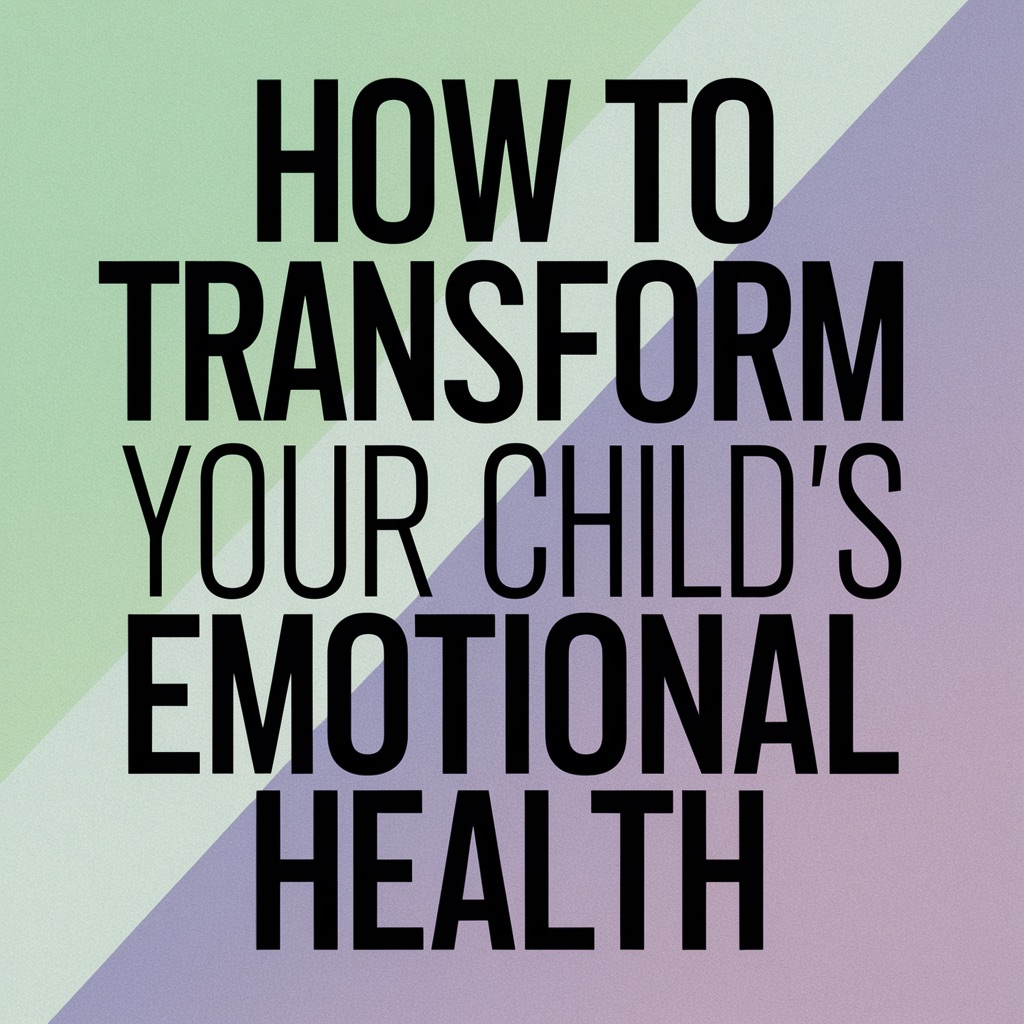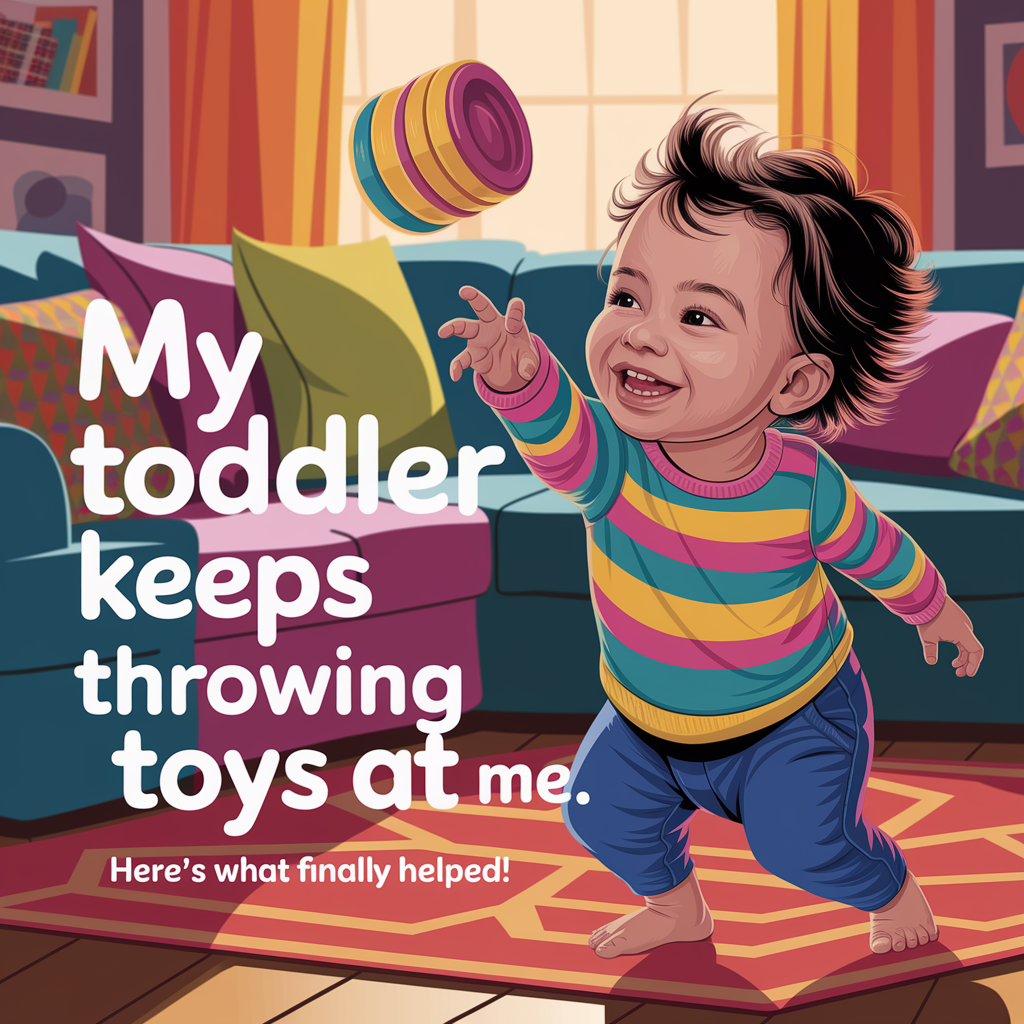
What Are After School Meltdowns (and Why Do They Happen)?
It took me a while to realize what was happening. Every day after preschool, my sweet, silly toddler would completely unravel. We’d get home, and boom—tears, yelling, flopping on the floor like her bones disappeared.
I’d ask myself, What happened today? Was it a bad day? Did someone say something mean?
Turns out, she wasn’t having a bad day. She was just having an after school meltdown.
These meltdowns aren’t tantrums for no reason. They’re emotional overflow. Toddlers spend all day in a structured environment, using every ounce of their little willpower to “keep it together”—and once they’re back home, where it’s safe, it all comes spilling out.
It’s called restraint collapse, and it makes perfect sense when you think about it. Imagine spending the whole day trying to behave, follow rules, stay still, be polite, hold in your big feelings—and then finally, finally, you’re with your person. You let go.
That’s what our toddlers are doing.
They’re not being dramatic.
They’re releasing everything they held in.
This clicked for me after reading about how toddlers struggle with transitions and emotional regulation in this article about decoding toddler behavior. It reminded me that what feels overwhelming to us is often necessary for them.

Why Do Toddlers “Save” Their Emotions for Home?
It feels unfair, doesn’t it? Your child behaves all day for other people—teachers, daycare providers, even strangers—but when they get to you? Total meltdown.
I used to take it personally. Like I was doing something wrong.
But the truth is, they do it because we’re their safe space. Home is where they know they can fall apart. They’re not testing us—they’re trusting us.
Toddlers don’t always have the language to say, “I had to sit still too long today,” or “There were too many kids and my brain feels loud.”
So instead, they cry when you open the wrong color juice cup or fall to pieces over their sock seam feeling weird.
These moments are rarely about what’s happening right now—they’re about the emotional weight your child’s been carrying all day long.
When my toddler started melting down as soon as we walked through the door, I started seeing it not as disobedience—but as a signal that she needed help decompressing. That’s when I revisited our approach to managing meltdowns when kids are overwhelmed, and it shifted everything.
Instead of reacting to the meltdown, I started responding to the need underneath it.
More coming? Let’s dive into what restraint collapse is and how to tell the difference between regular toddler emotions and post-school emotional shutdowns.

What Is Restraint Collapse and Is It Real?
Yes—restraint collapse is real. And no, you’re not imagining things when your child turns into a completely different person the moment you pick them up.
Restraint collapse is when kids hold in their emotions all day—trying their best to behave, follow rules, and not lose it—and then crash the second they’re back in a safe environment.
For toddlers, this crash can look like:
- Screaming over nothing
- Crying the moment you buckle them in the car
- Melting down over small choices (like snack options or which shoes you brought)
- Total silence, followed by a delayed explosion at home
It’s not bad behavior. It’s emotional release. And honestly? I do the same thing. After a long day of adulting, if someone looks at me wrong while I’m trying to unload groceries—I’m the one needing a timeout.
The tricky thing is, most toddlers can’t name what’s happening inside them. That’s why it shows up as “sudden,” “dramatic,” or “defiant.”
But once I learned to recognize the pattern of after school meltdowns, I could prepare for it instead of being surprised by it every day.
If your child tends to fall apart after keeping it together in public or school settings, this piece on emotional outbursts after routines change can help decode some of those confusing reactions.

Is My Toddler Overstimulated After Daycare or Preschool?
Probably. Overstimulation is one of the most common triggers for after school meltdowns—especially in younger kids who are still learning how to regulate their senses.
Here’s what might be overstimulating your child during the school day:
- Constant noise – Classrooms, lunchrooms, playgrounds—it’s loud all day.
- Too many transitions – From circle time to snack time to playtime… that’s a lot for a toddler brain to process.
- Social pressure – Even fun interactions take mental effort. Being “on” all day is exhausting.
- Bright lights and big spaces – These seem small to us, but they can wear on sensory-sensitive kids quickly.
By the time the day is over, your child’s tank is empty. Their brain is fried. And their emotions? On a hair trigger.
If your toddler acts totally different at school than they do at home, it doesn’t mean they’re faking it. It means they’re trying to cope in different environments—and that takes work.
One of the most helpful articles I found while navigating this was about supporting kids who just don’t fit into traditional classroom molds. It reminded me that kids aren’t robots—they’re real little humans, and they process the world in their own unique ways.

How Long Do After School Meltdowns Usually Last?
This was one of my biggest questions—how long does this phase last? Because after a few weeks of walking on eggshells every afternoon, I was tired, frustrated, and starting to doubt myself.
For some kids, after school meltdowns only pop up occasionally. But for others, it becomes a daily routine that can last for months—especially during big transitions like:
- Starting preschool or kindergarten
- Changing teachers or classrooms
- Moving from naps to full-day schedules
- Adjusting to a new routine at home
Every kid’s timeline is different, but here’s what I learned: the more I supported my child emotionally, the quicker the meltdowns began to fade. That doesn’t mean they stopped having big feelings—but they stopped bottling them up all day only to explode at home.

And if you’re deep in that “every day feels like a meltdown” season, I hear you. There were days I felt so mentally drained I celebrated a quiet ride home like it was a major victory. I even joked that my real superpower was surviving the 4 p.m. storm without bursting into tears myself.
One thing that helped? Letting go of perfection. Parenting through daily chaos and exhaustion reminded me that some phases aren’t meant to be fixed—they’re meant to be walked through, one messy afternoon at a time.

What Helps Kids Decompress After School?
I used to think I needed to ask a thousand questions right after pickup:
How was your day? What did you eat? Who did you play with?
And then I’d wonder why I got silence—or worse, instant tears.
Turns out, the best thing I can offer after school isn’t questions—it’s space to decompress.
Here’s what’s worked for us:
1. A quiet, low-pressure environment
We skip the errands and go straight home. I keep lights low, turn off music, and avoid overwhelming them with conversation.
2. A snack—ASAP
Hunger is a major meltdown trigger. I offer something easy and comforting (bonus points for protein + carbs).
3. Letting them “just be”
Some days that means cuddling on the couch. Other days it’s running in the backyard or flopping in a pile of stuffed animals.
4. No immediate demands
I don’t ask for chores, homework, or even coat-hanging until we’ve had at least 30–45 minutes of downtime.
5. A simple routine
Kids feel safer when they know what’s coming. A predictable “after school rhythm” (snack, calm play, then dinner) made a huge difference in reducing emotional overload.
If your toddler regularly flips into meltdown mode the second you pick them up, these decompressing strategies can help bring some peace back into those wild post-school hours.
This approach works beautifully alongside managing tantrums when your child is overwhelmed, especially when you’re trying to connect without losing your own cool.

My Go-To Tricks for Handling Post-School Tantrums
Over time, I’ve built up a little mental toolkit for surviving the emotional tornado that hits my house after school. These aren’t magic fixes—but they’ve helped me navigate after school meltdowns without losing my sanity (most days).
Here’s what’s worked for me:
1. Don’t ask too many questions right away
If I start peppering my child with, “How was your day? Who did you play with? What did you learn?” I usually get grunts, groans, or meltdowns. Instead, I just say, “I’m so happy to see you.” That’s it. It gives them space to breathe.
2. Focus on connection, not correction
If my kid starts throwing their backpack or yelling over something minor, I try not to jump into discipline mode. First, I offer a hug, a soft voice, and some space.
Correction can wait until emotions settle.
3. Use calm-down choices, not commands
Instead of saying “Stop yelling,” I’ll offer something like, “Do you want to color, or do you want to go outside for a few minutes?” Choices give them control, which they’ve been craving all day.
4. Stay calm (even if they’re not)
This one is hard. Like, really hard. But when I manage to stay grounded, it helps shorten the meltdown and avoids making things worse.
5. Don’t take it personally
This one was a game-changer. My child isn’t melting down at me. They’re releasing stress with me—because I’m the safe place.
Sometimes it still feels like we’re barely holding it together. But on those tough afternoons, I remind myself that emotional messiness means my kid trusts me enough to unravel. And that’s actually kind of beautiful.
For more moments like that—where you’re questioning everything—navigating parenting doubts as a team reminded me that this stuff is hard for all of us, not just the kid.

When Should You Worry About Emotional Overload?
Not every meltdown is a red flag. But there are times when after school meltdowns signal that your child needs more support.
Here are some signs to watch for:
- The meltdowns are happening every single day and seem to be getting worse
- Your child starts showing anxiety about going to school
- They have trouble sleeping, eating, or separating from you
- They rarely seem happy—even during playtime
- You feel like nothing helps, and it’s impacting your family’s daily life
These could be signs of sensory overload, emotional burnout, or even early anxiety. And reaching out for help doesn’t mean you’re failing—it means you care.
Start by keeping a little journal. Track when meltdowns happen, what they look like, and what seems to help. That way, when you do talk to a teacher, pediatrician, or therapist, you’ve got a clear picture of what’s going on.
And even if it turns out to be just a tough phase, getting reassurance and support can ease your mind.
Because yeah, we’re the parents—but we need a little help too.
If this resonates, those moments when bedtime becomes a full-on emotional rollercoaster may feel very familiar—and remind you you’re not alone in the chaos.


As an Amazon Associate we earn from qualifying purchases through some links in our articles.



